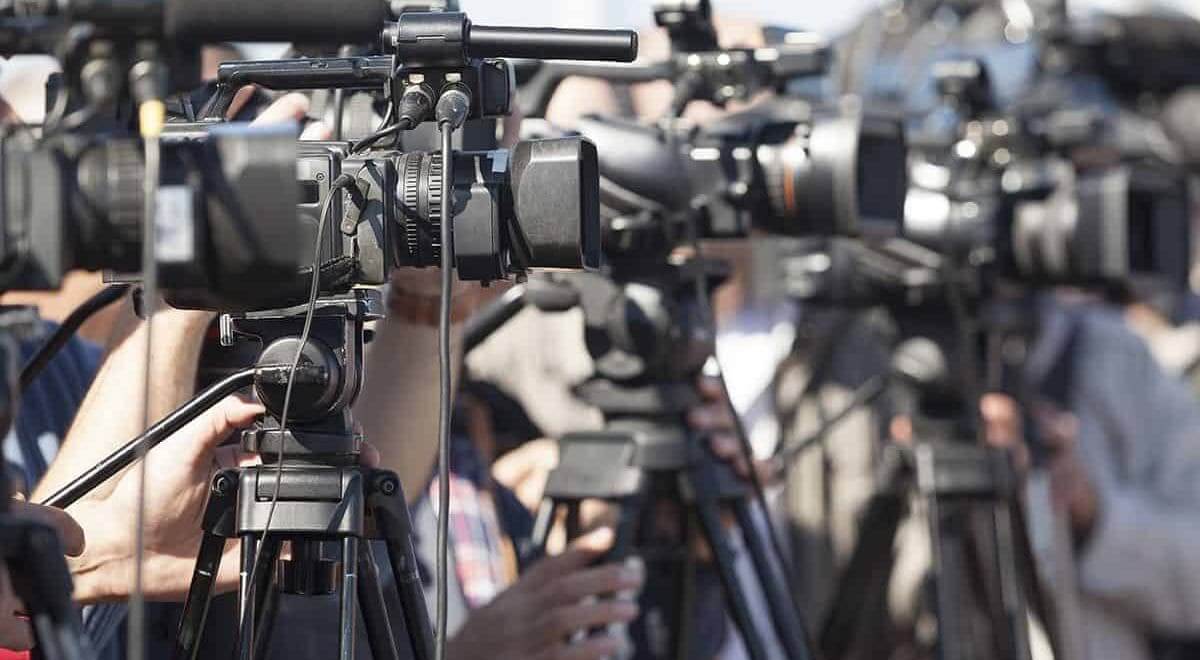Journalists across Africa have been urged to re-strategise and embark on an in-depth and objective reporting on environmental and reproductive health and rights (SRHR) issues currently affecting the continent.
During a media engagement and training meeting held in Zambia, on promoting environmental and SRHR rights and justice, stakeholders recognized the critical role that journalists play in creating awareness and influencing public conversation and policies.
Among the key issues discussed was the increased environmental and SRHR challenges and crisis that Africa is currently facing.
In recent years, Africa has been experiencing profound challenges including shifting weather patterns, rising temperatures, and frequent extreme events like floods and droughts, all of which are threatening the environment, livelihoods, socio-economic stability, and health risks particularly reproductive health.
Critical among the challenges identified was also the nexus between SRHR and environmental and climate change.
“We want to understand the connection between SRHR and environment because the two are greatly connected. We hope that by the end of this workshop we will be able to connect the both and report on the same,” emphasized Lester Lozari Phiri, SRHR Expert in Zambia.
Climate change has direct implications for SRHR. According to the United Nations Populations Fund (UNFPA), increase in air pollution and rising temperatures worsen maternal and neonatal health outcomes. For instance, an increase of one degree Celsius in the week before delivery corresponds to a six per cent greater likelihood of stillbirth.
Increase in poverty and food insecurity caused by loss of lives as a result of climate change is also having a significant impact on maternal health. This is because reduced yields affect the availability of highly nutritious foods which in turn results in poor nutrient take which is essential for mothers.
More notably, climate-related emergencies can severely disrupt access to supply network for essential commodities such as contraceptives and health services. The two-day conference, organized by Hivos, brought together journalists from Southern and Eastern Africa also emphasized on the need for journalists to learn and understand the science behind the environment and climate change, conservation measures, and SRHR.
“We need to interpret and make it simple for our audience to understand these issues. We need to analyze them and understand that our opinions also matter,” said Roberta Mchangwe. Lecturer Media and Communications Studies at the University of Zambia. By Cynthia Atuo, People Daily






